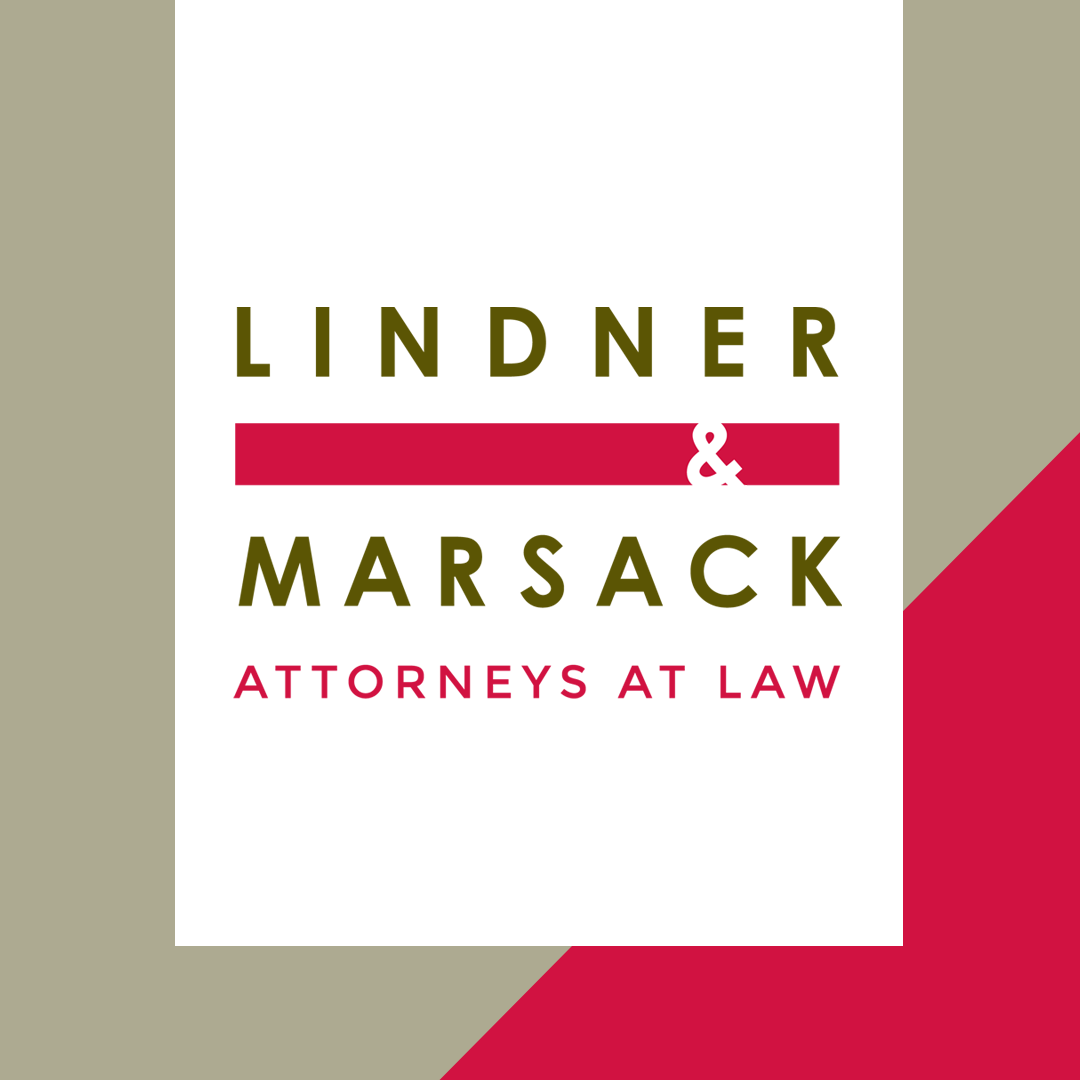As labor and employment attorneys, we often sound like broken records in counselling our clients on the importance of documenting the performance deficiencies of poor performing employees. It cannot be overstated how compelling strong and contemporaneous documentation can be to demonstrate the actual reason an employer disciplines, demotes or terminates an employee who is not […]

